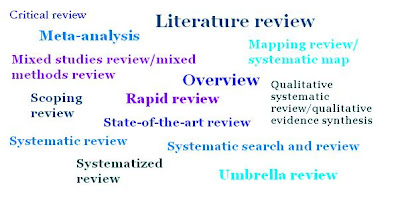
Most readers will recall that in November-December 2009 we ran an online survey,
LibQUAL+, asking you what you thought of us. Two other branches of the University Library - the
Central Science Library and the
Moore Library - ran their own LibQUAL+ surveys at the same time.
First of all, we are very grateful to the more than three hundred readers who took the time and trouble to complete the Medical Library survey, and in many cases to record additional comments.
Since the end of the survey we have been busy analysing the results (which are processed for us by the US-based organisation that manages LibQUAL+ as a management tool for libraries worldwide) and deciding how best to address the issues raised. This report summarises the picture that has emerged, with our responses and the actions that we plan to take or have already taken.
General observations
In overall terms users seem to be reasonably happy with what we provide. The survey included three top-level "satisfaction" questions and asked respondents to give us a rating out of 9 (1=bad, 9=good). Our scores were as follows, compared with the average 2009 score for all UK academic libraries.
- "In general, I am satisfied with the way in which I am treated at the library":
Med Lib = 7.78 (UK average = 7.22)
- "In general, I am satisfied with library support for my learning, research, and/or teaching needs":
Med Lib = 7.31 (UK average = 6.74)
- "How would you rate the overall quality of the service provided by the library?":
Med Lib = 7.45 (UK average = 6.96)
Analysis of detailed survey data
The survey questions were structured to reflect three broad areas of interest, covering (a) the way library staff deal with readers, (b) the resources we provide, and (c) the library as a place.
It was clear from the results that there was a consistently high level of satisfaction with the way library staff deal with readers, while the library as a place attracted a more neutral rating. By comparison, the resources we provide came in for heavier criticism, especially with regard to inadequate provision of electronic journals.
The personal information provided by each respondent allowed us to analyse these answers in more detail by user groups (student, allied health, medical staff, etc.). This exposed some significant differences in the way we are regarded by the various user categories, with non-clinical staff emerging as our most satisfied clients and allied health staff as our least satisfied.
The structured survey results were complemented by the free-text comments. We were impressed by the generally thoughtful and constructive contributions made by respondents here, and many of the comments helped to amplify the data gathered from the structured survey (though some comments also appeared to contradict the data analysis!). Putting the results of the survey and the comments together, we have been able to identify a list of issues that require a response from us. In some cases we are able to act immediately, in others the problem raises matters of policy or other broader issues that we need to take up with other bodies; and in yet other cases the responses indicate a misunderstanding of what is on offer, and thus a need for us to explain more clearly what we do and why.
A more detailed list of the issues that emerged, together with our responses, may be found here.







































